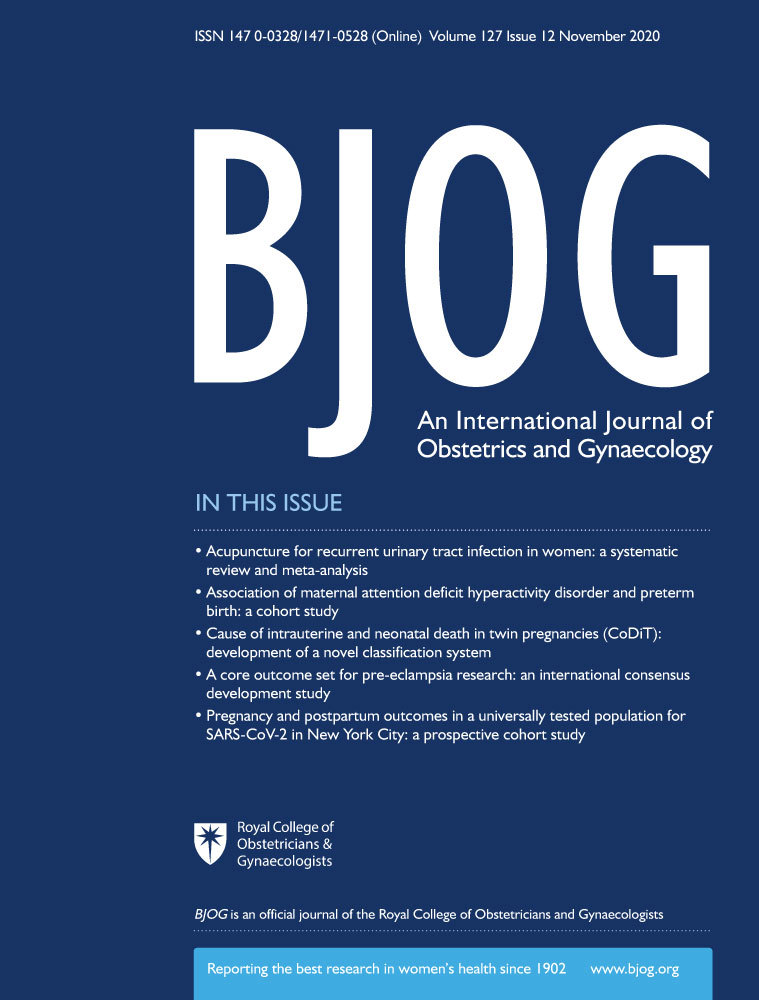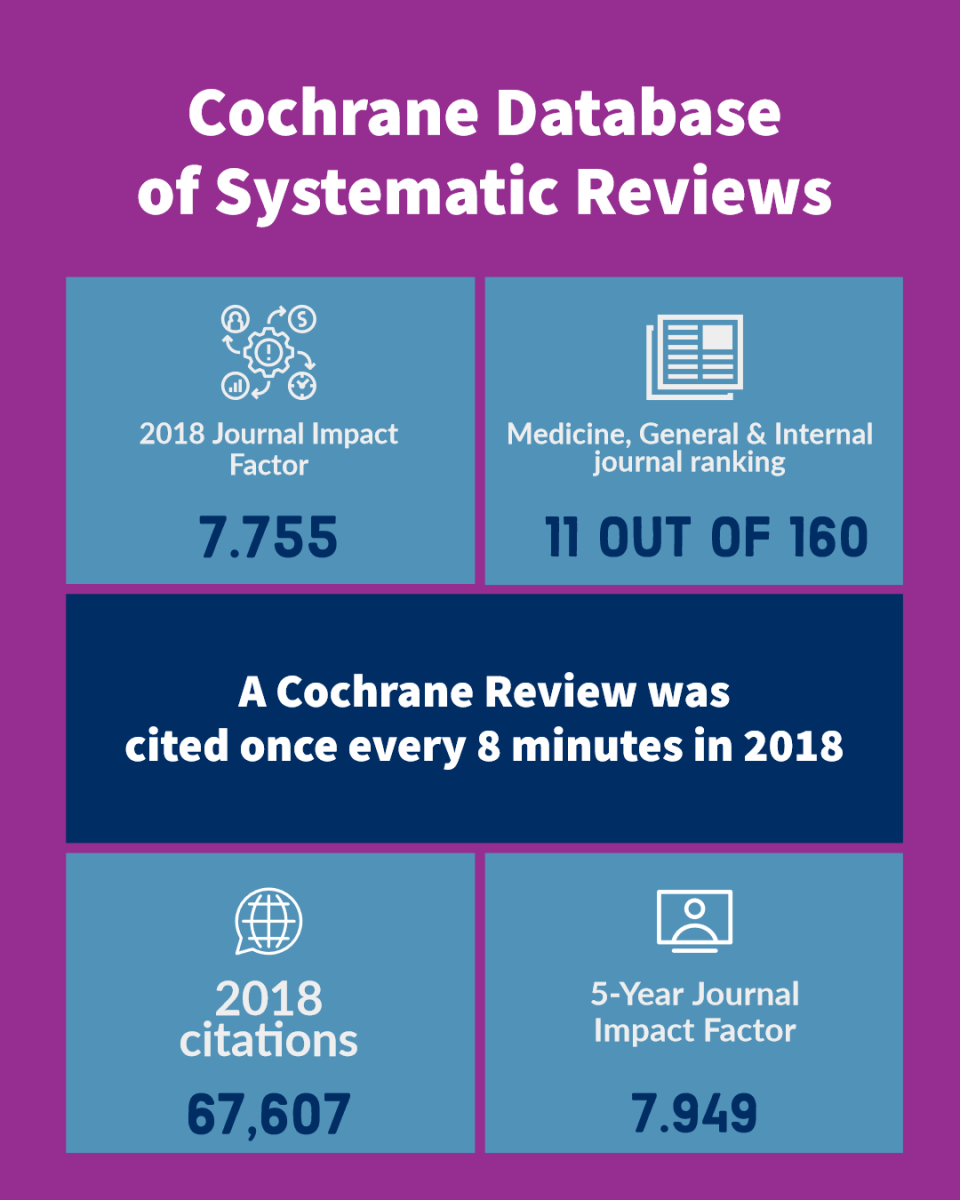Urinary Tract Infection
How to submit an article:
- Registered users can submit any published journal article that has a unique DOI (Digital Object Identifier) name or link to Research Hub.
- For example, you can paste the full DOI link:
https://doi.org/10.1109/5.771073or just the DOI name:10.1109/5.771073into the field above and click submit. - The person who is first to submit a valid article to Research Hub will forever be credited for it, and every article submission earns you +6 Research Points.
A urinary tract infection (UTI) is an infection that occurs in any part of the urinary system, including the bladder, urethra, ureters, or kidneys, and is typically caused by bacteria that have entered the urethra and migrated to the bladder or further up the urinary tract.
Also known as: Bladder Infection, UTI
Published research studies are articles that present the findings of original research that has undergone a peer-review process and has been made publicly available in scholarly journals, books or other media.

Efficacy and safety of acupuncture for urinary retention after hysterectomy
2021 Jun 04 Medicine Zhao Q, Yan C, Dan M, Jia H
Systematic Review Meta-Analysis Urinary Retention Bladder Conditions Urinary Tract Infection HysterectomyAcupuncture can effectively improve the post voided residual urine, maximal cystometric capacity, and bladder capacity for first voiding desire values of patients with urinary retention after hysterectomy.

Acupuncture for recurrent urinary tract infection in women: a systematic review and meta‐analysis
2020 Jun 03 BJOG: An International Journal of Obstetrics & Gynaecology Qin X, Coyle ME, Yang L, Liang J, Wang K, Guo X, et al.
Systematic Review Meta-Analysis Bladder Conditions Women's Health Urinary Tract InfectionAcupuncture appeared to be beneficial for treatment and prophylaxis of recurrent urinary tract infections.
Antimicrobial activity of Cinnamomum zeylanicum aqueous extract against bacteria and fungi responsible for urinary tract infection
2020 Jan International Journal of Health & Allied Sciences Thiyagarajan S, John S
The study concludes that Cinnamomum zeylanicum has significant antimicrobial activity against urinary pathogens and can be considered as an effective alternative to commonly used antibiotics.
Experimental Study Urinary Tract Infection Ceylon Cinnamon
The RUTI trial: A feasibility study exploring Chinese herbal medicine for the treatment of recurrent urinary tract infections
2019 Oct 28 Journal of Ethnopharmacology Flower A, Harman K, Willcox M, Stuart B, Moore M
The RUTI trial demonstrated the feasibility and challenges of conducting a CTIMP trial on Chinese herbal medicine, establishing regulatory pathways, identifying difficulties with trial-naive herbal suppliers and unfamiliar recruiters and participants, and suggesting that recruiting patients through self-help networks and private TCM clinics would be a promising approach for future trials.
Randomised Controlled Trial Urinary Tract Infection
Zishenwan Decreases Kidney Damage in Recurrent Urinary Tract Infection through the Inhibition of Toll-Like Receptor 4 Signal
2018 Nov 5 Evidence-Based Complementary and Alternative Medicine Guoqiang Liang, Hua Tang, Daolei Ni, Yan Ren, Chenxi Zhang, Wenyi Zheng, et al.
Zishenwan protected rats from urinary tract infection by clearance of bacteria and decrease of tissue damage. 20S proteasomes mediated the degradation of TRAF3 which is important to the decrease of tissue damage from Zishenwan.
Randomised Controlled TrialResearch insights are moderated by the Research Hub team and offer an at-a-glance overview of interesting research findings.

2021 Medicine
Acupuncture can effectively improve the post voided residual urine, maximal cystometric capacity, and bladder capacity for first voiding desire values of patients with urinary retention after hysterectomy.
Systematic Review Bladder Conditions Hysterectomy Urinary Retention
Efficacy and safety of acupuncture for urinary retention after hysterectomy
Zhao Q, Yan C, Dan M, Jia H

2020 BJOG: An International Journal of Obstetrics & Gynaecology
Acupuncture appeared to be beneficial for treatment and prophylaxis of recurrent urinary tract infections.
Systematic Review Bladder Conditions Women's Health
Acupuncture for recurrent urinary tract infection in women: a systematic review and meta‐analysis
Qin X, Coyle ME, Yang L, Liang J, Wang K, Guo X, et al.

2015 Cochrane Database of Systematic Reviews
Chinese herbal medicine may provide an effective treatment during the acute phase of UTI and when given prophylactically to prevent recurrence in the six months following treatment.
Systematic Review
Chinese herbal medicine for treating recurrent urinary tract infections in women
Flower A, Wang LQ, Lewith G, Liu JP, Li Q.
Review Articles
Review articles summarise and critically evaluate the current state of research on a specific topic or field by synthesising multiple primary research studies.

Efficacy and safety of acupuncture for urinary retention after hysterectomy
2021 Jun 04 Medicine Zhao Q, Yan C, Dan M, Jia H
Systematic Review Meta-Analysis Urinary Retention Bladder Conditions Urinary Tract Infection HysterectomyAcupuncture can effectively improve the post voided residual urine, maximal cystometric capacity, and bladder capacity for first voiding desire values of patients with urinary retention after hysterectomy.

Acupuncture for recurrent urinary tract infection in women: a systematic review and meta‐analysis
2020 Jun 03 BJOG: An International Journal of Obstetrics & Gynaecology Qin X, Coyle ME, Yang L, Liang J, Wang K, Guo X, et al.
Systematic Review Meta-Analysis Bladder Conditions Women's Health Urinary Tract InfectionAcupuncture appeared to be beneficial for treatment and prophylaxis of recurrent urinary tract infections.

Chinese herbal medicine for treating recurrent urinary tract infections in women
2015 Jun 4 Cochrane Database of Systematic Reviews Flower A, Wang LQ, Lewith G, Liu JP, Li Q.
Systematic Review Urinary Tract InfectionChinese herbal medicine may provide an effective treatment during the acute phase of UTI and when given prophylactically to prevent recurrence in the six months following treatment.
Clinical Trials
Clinical trials are research studies that involve people and are conducted to evaluate the safety and efficacy of new treatments or interventions, such as drugs, medical devices, or behavioural therapies.

The RUTI trial: A feasibility study exploring Chinese herbal medicine for the treatment of recurrent urinary tract infections
2019 Oct 28 Journal of Ethnopharmacology Flower A, Harman K, Willcox M, Stuart B, Moore M
The RUTI trial demonstrated the feasibility and challenges of conducting a CTIMP trial on Chinese herbal medicine, establishing regulatory pathways, identifying difficulties with trial-naive herbal suppliers and unfamiliar recruiters and participants, and suggesting that recruiting patients through self-help networks and private TCM clinics would be a promising approach for future trials.
Randomised Controlled Trial Urinary Tract Infection
Zishenwan Decreases Kidney Damage in Recurrent Urinary Tract Infection through the Inhibition of Toll-Like Receptor 4 Signal
2018 Nov 5 Evidence-Based Complementary and Alternative Medicine Guoqiang Liang, Hua Tang, Daolei Ni, Yan Ren, Chenxi Zhang, Wenyi Zheng, et al.
Zishenwan protected rats from urinary tract infection by clearance of bacteria and decrease of tissue damage. 20S proteasomes mediated the degradation of TRAF3 which is important to the decrease of tissue damage from Zishenwan.
Randomised Controlled TrialStudy Protocols
Published study protocols are detailed plans that outline the objectives, methodology, statistical analyses, and organisation of a research study that have been made publicly available for others to review and use as a reference.
Presentation Slides

Systematic Review
Acupuncture can effectively improve the post voided residual urine, maximal cystometric capacity, and bladder capacity for first voiding desire values of patients with urinary retention after hysterectomy.
Zhao Q, Yan C, Dan M, Jia H

Systematic Review
Acupuncture appeared to be beneficial for treatment and prophylaxis of recurrent urinary tract infections.
Qin X, Coyle ME, Yang L, Liang J, Wang K, Guo X, Zhang AL, Mao W, Lu C, Xue CC, Liu X

Systematic Review
Chinese herbal medicine may provide an effective treatment during the acute phase of UTI and when given prophylactically to prevent recurrence in the six months following treatment.
Flower A, Wang LQ, Lewith G, Liu JP, Li Q.
Executive Summary
Write an executive summary in the form of a blog article on the topic of "Research into Chinese medicine treatment for Urinary Tract Infection" summarising the research below and using language that can be easily understood by patients and avoiding medical jargon using a professional and caring tone of voice.
Write an executive summary in the form of a blog article on the topic of "Researched Chinese medicine treatments for Urinary Tract Infection" summarising the research below in an objective and easy to understand way, and using language that can be easily understood by patients. Group the article into Chinese medicine treatments first, followed by nutrition and other treatments. Avoid using medical jargon and use a professional and caring tone of voice.
Write me a concise but easy to understand executive summary on the topic of "Chinese medicine treatments for Urinary Tract Infection" based on the following research that I will give you. Your summary should be 2 paragraphs long in Australian English spelling and include references to the studies.
A Systematic Review published in 2021 in the journal Medicine found that Acupuncture can effectively improve the post voided residual urine, maximal cystometric capacity, and bladder capacity for first voiding desire values of patients with urinary retention after hysterectomy. There is insufficient evidence that acupuncture can increase the patient's MFR, BR, and UIR. However, acupuncture can effectively improve the PVR, maximal cystometric capacity, and bladder capacity for first voiding desire values of patients with urinary retention after hysterectomy. Although limited due to the quality and methodological limitations of the included studies, acupuncture can still be used as an effective and safe treatment for women with urinary retention after hysterectomy.
A Systematic Review published in 2020 in the journal BJOG: An International Journal of Obstetrics & Gynaecology found that Acupuncture appeared to be beneficial for treatment and prophylaxis of recurrent urinary tract infections. Five RCTs involving 341 participants were included. Methodological quality of studies and strength of the evidence were low to moderate. The chance of achieving a composite cure with acupuncture therapies was greater than that with antibiotics. The risk of UTI recurrence was lower with acupuncture than with no treatment and sham acupuncture. Acupuncture appeared to be beneficial for treatment and prophylaxis of recurrent urinary tract infections, noting the limitations of the current evidence. Given the growing challenge of antibiotic resistance, there is a need for high-quality RCTs of non-pharmacological interventions such as acupuncture.
A Systematic Review published in 2015 in the journal Cochrane Database of Systematic Reviews found that Chinese herbal medicine may provide an effective treatment during the acute phase of UTI and when given prophylactically to prevent recurrence in the six months following treatment. We found limited evidence from seven RCTs about the possible role of Chinese herbal medicine as a treatment for recurrent UTI, either as the sole intervention or as an adjunct to antibiotic treatment for post‐menopausal women. CHM may provide an effective treatment during the acute phase of UTI and when given prophylactically to prevent recurrence in the six months following treatment. However, the small number and poor quality of the included studies meant that it was not possible to formulate robust conclusions on the use of CHM for recurrent UTI in women, when administered alone or as an adjunct to antibiotics.
Moderation Tools
Topic
Sign In
Users not signed in are limited to viewing the 5 most recent items of content.